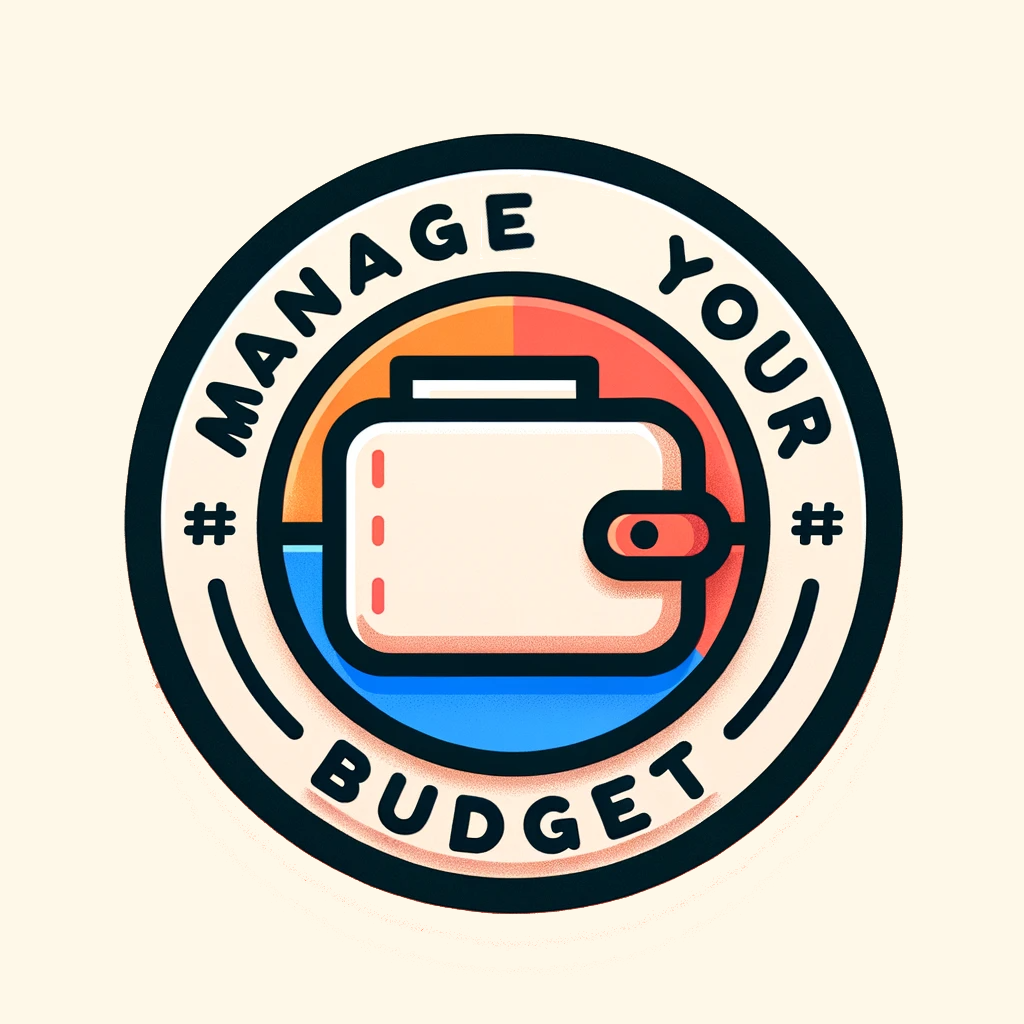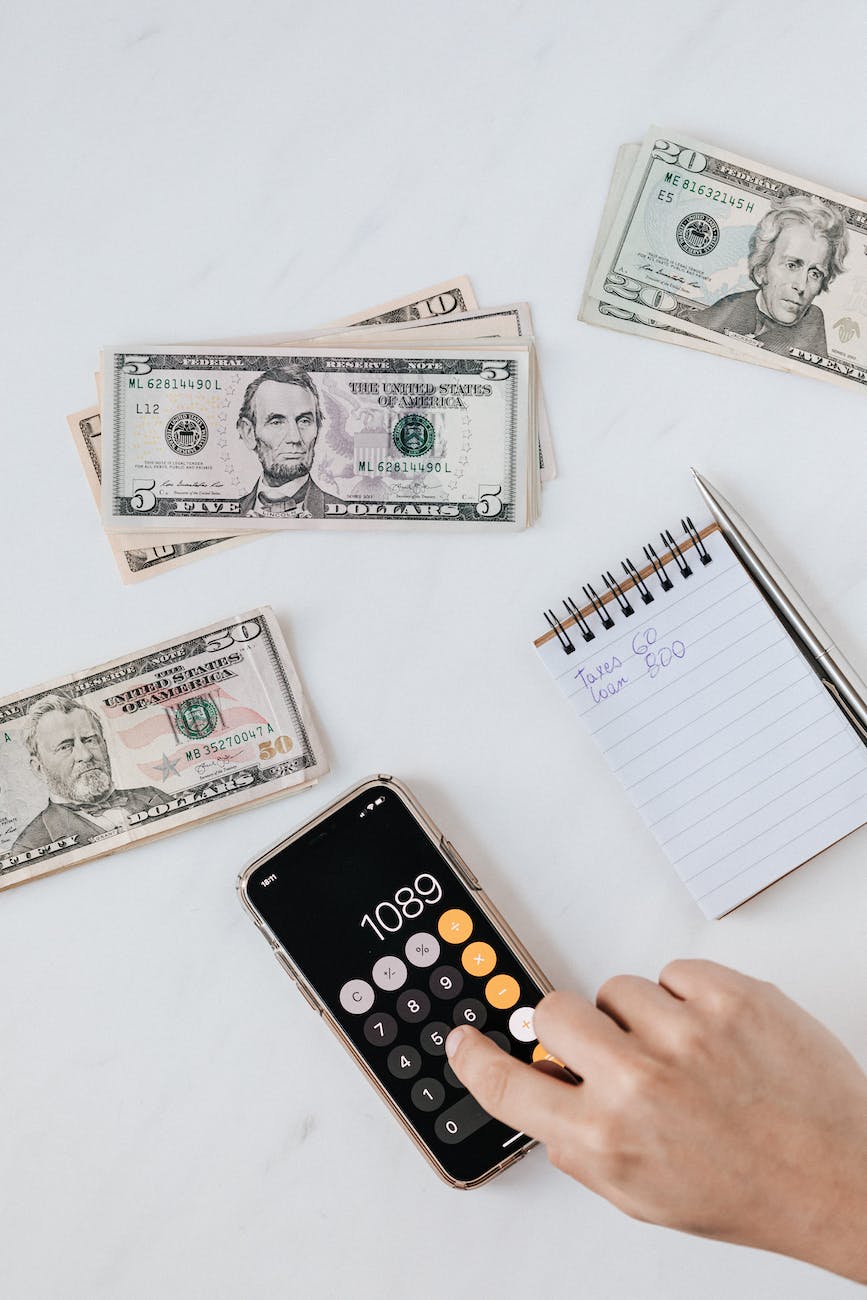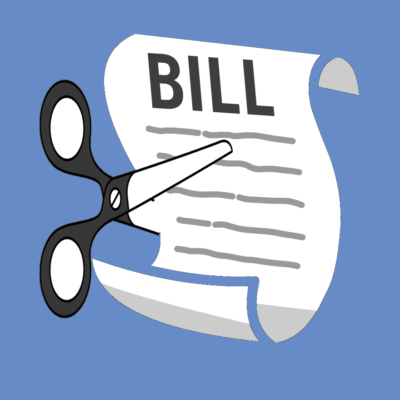Disposable income refers to the money that individuals have left over after paying for their necessary expenses, such as rent, food, and bills. It is the money that can be used for discretionary spending, such as saving, investing, paying off debt, or splurging on luxury items. How you choose to handle your disposable income can have a significant impact on your financial well-being and future stability.
Here are some of the best ways to handle disposable income:
- Save and invest for the future
One of the most responsible ways to handle disposable income is to save and invest it for the future. This can help you build a financial cushion for emergencies, such as unexpected medical expenses or job loss, and give you the financial security you need to live a comfortable life.
There are several ways to save and invest your disposable income, including:
- Opening a high-yield savings account: This is a type of bank account that offers a higher interest rate than a traditional savings account, helping you earn more money on your savings.
- Investing in a 401(k) or IRA: These are tax-advantaged retirement accounts that allow you to save for the long term and potentially earn higher returns on your investments.
- Investing in a diversified portfolio: This means investing in a variety of asset classes, such as stocks, bonds, and real estate, to reduce risk and increase the potential for higher returns.
- Pay off high-interest debt
If you have high-interest debt, such as credit card debt or student loans, it can be a good idea to use your disposable income to pay it off as quickly as possible. High-interest debt can be expensive and can take longer to pay off, so it’s important to get a handle on it as soon as possible.
To pay off high-interest debt, you can:
- Create a budget: This can help you identify areas where you can cut back on spending and redirect the money towards paying off your debt.
- Use the debt snowball method: This involves paying off your smallest debts first and then working your way up to the larger ones. This can help you build momentum and see progress faster.
- Consider a debt consolidation loan: This is a type of loan that allows you to pay off multiple debts with a single loan, often at a lower interest rate.
- Give back to your community
Another way to handle disposable income is to use it to give back to your community and help those in need. There are many ways to do this, including:
- Donating to a charity or nonprofit organization that aligns with your values
- Volunteering your time and skills to help those in need
- Supporting local businesses and organizations
Giving back not only helps those in need, but it can also bring a sense of purpose and fulfillment to your life.
- Splurge on something you enjoy
It’s important to remember that disposable income is meant to be used for discretionary spending, so it’s okay to splurge on something you enjoy from time to time. Whether it’s a new piece of technology, a luxury vacation, or a fancy dinner out, treating yourself can be a great way to reward yourself for your hard work and accomplishments.
However, it’s important to be mindful of your spending and not overdo it. Make sure you have a budget in place and stick to it to ensure that you don’t overspend and end up in debt.
- Prepare for the future
Finally, it’s important to use your disposable income to prepare for the future. This can include saving for a down payment on a home, saving for a child’s education, or setting aside money for a big-ticket purchase, such as a car or appliance.
Having a plan for the future and setting aside money for specific goals can help you stay focused and on track with your financial planning. It can also give you a sense of control and peace of mind, knowing that you are working towards something important.
In conclusion, there are many different ways to handle disposable income, and the best approach will depend on your individual financial situation and goals. Whether you choose to save and invest for the future, pay off debt, give back to your community, splurge on something you enjoy, or prepare for the future, it’s important to be mindful of your spending and make sure you are using your disposable income in a way that aligns with your values and long-term financial goals.



